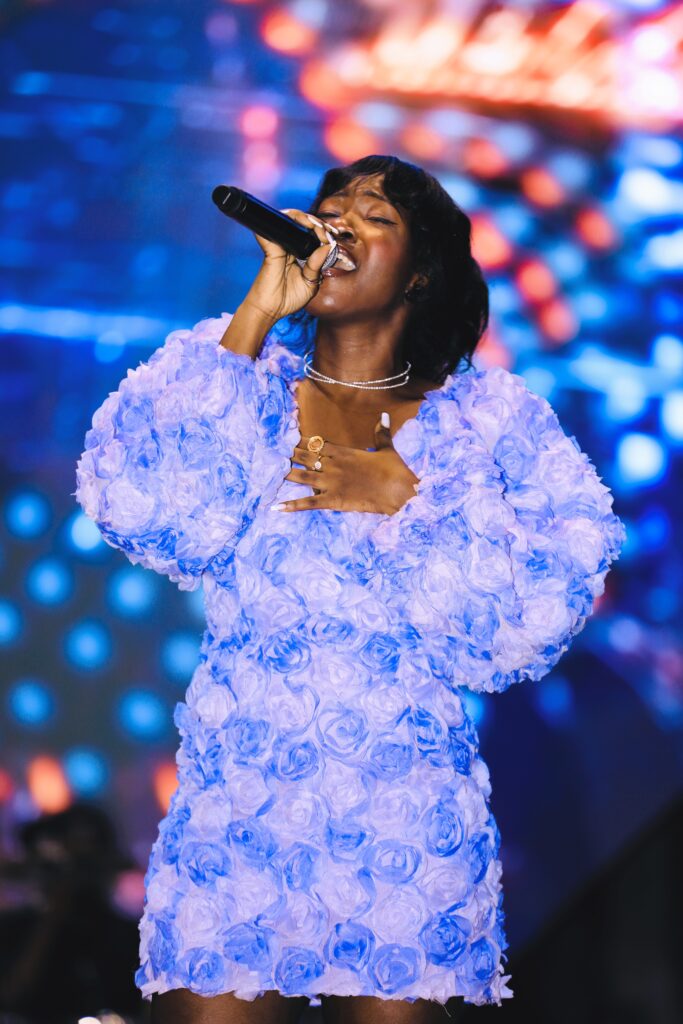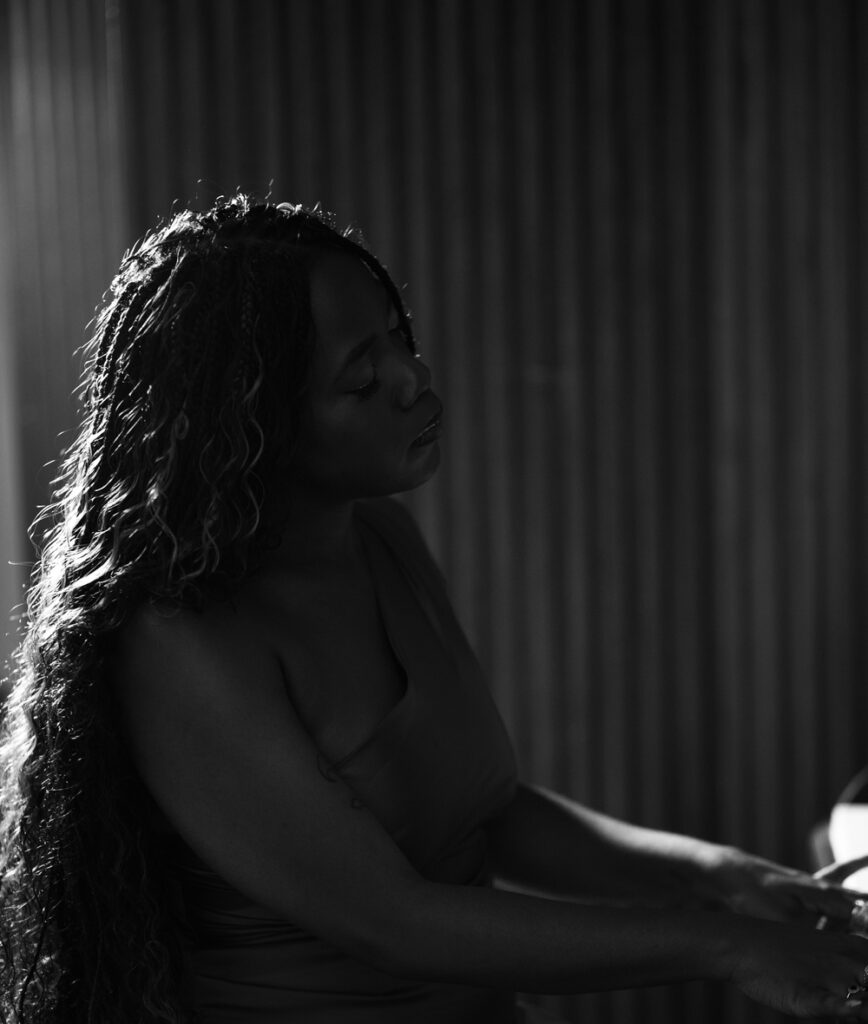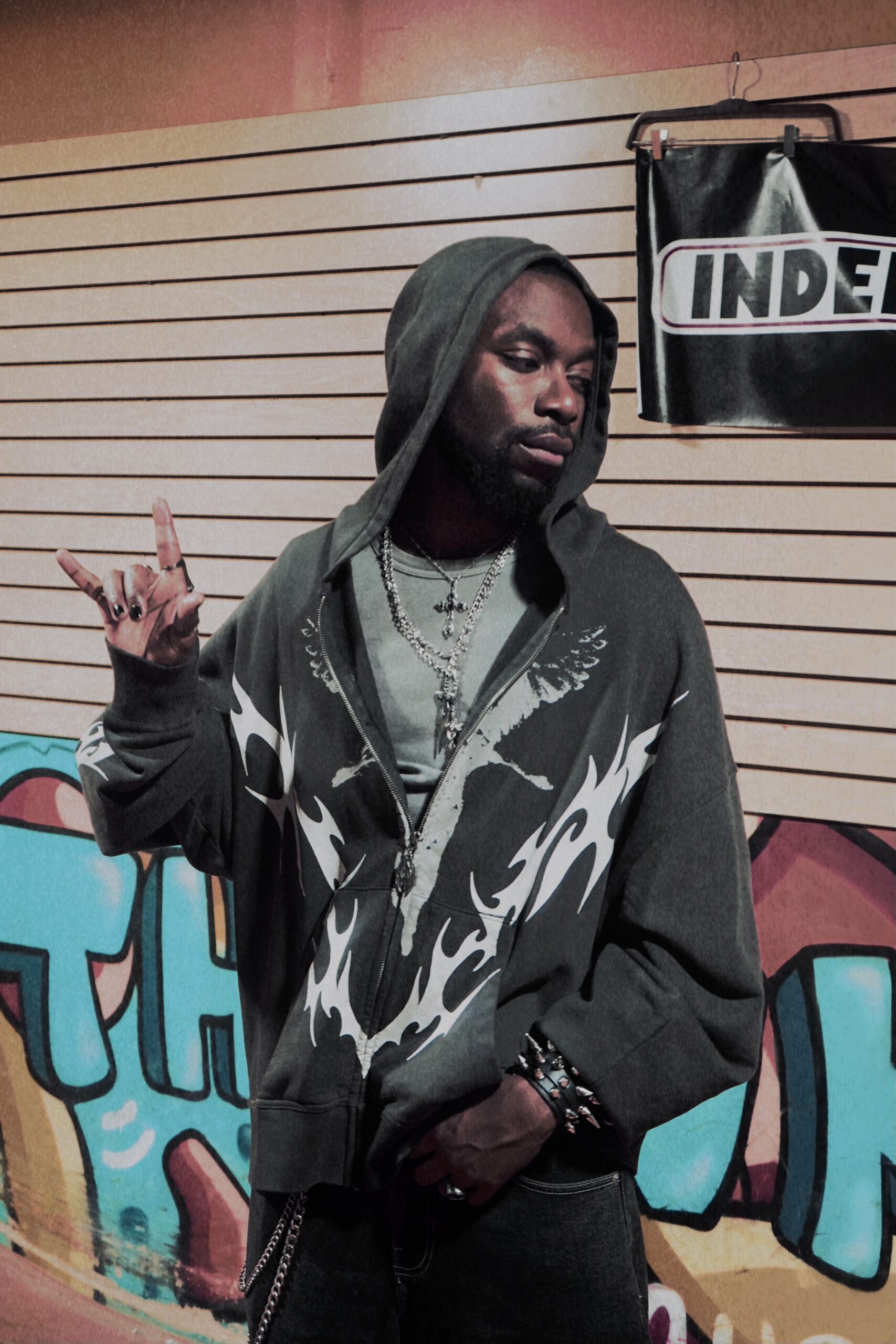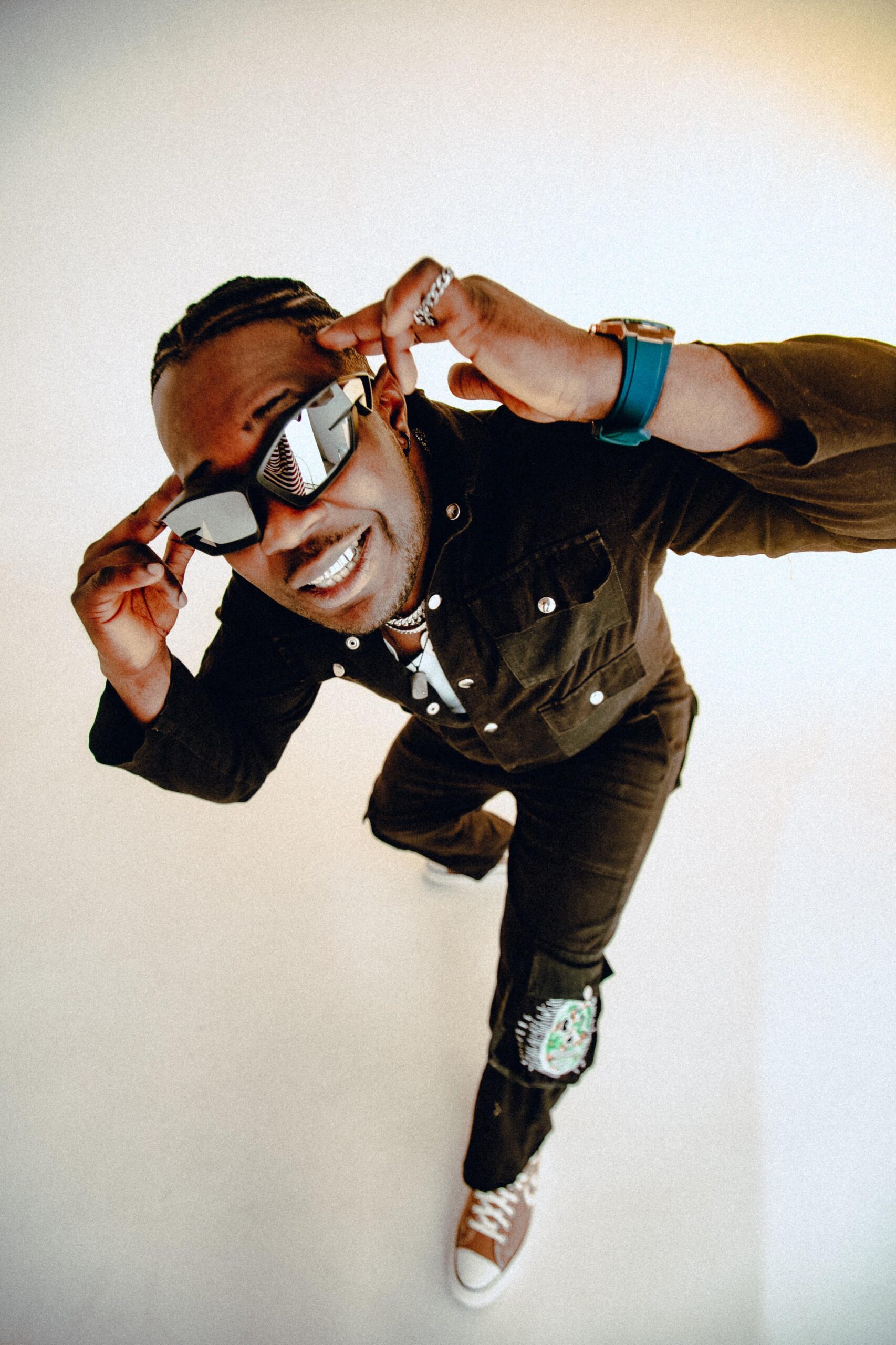
Lilly Lou has never rushed her seasons. In 2020, the Ugandan singer-songwriter introduced herself with Freedonia, a twelve-track debut album born out of sweat, scraps, and sheer defiance. It was the kind of record that felt stitched together from late nights and survival instincts, a project that announced her not with fireworks, but with quiet persistence. For years after, silence followed. Not the silence of absence, but of gestation. She lived, she worked, she wandered through Kampala’s restless music scene, and for a time, she seemed content to let her voice drift below the mainstream’s radar.
Then came an unlikely return. In early 2025, she revisited those same songs with nothing but stripped-down arrangements, releasing Freedonia (Acoustic, an album that was less a remake than a revelation. It was the same diary, but read aloud with new inflections, new aches, new tenderness. “When I played the songs live with just guitar or piano, they changed shape,” she says. “It was like I finally understood what I was writing back then.”
If Freedonia was her proof of survival, then Freedonia (Acoustic) was her proof of self, a reminder that growth doesn’t always mean forward motion; sometimes it means circling back, listening closer. Which is why her latest single, Pineapple Upside Down, feels less like a comeback and more like a continuation, the playful sweetness that comes after reckoning with the raw.
In this interview, Eve Muyanja speaks with Lilly Lou about the spaces between both albums, her latest single, the Ugandan music landscape that shapes her, and why she believes chaos, “inverting the cake”, can make life taste even sweeter.
On what Pineapple Upside Down represents
When I ask Lilly Lou what her new single means to her, she doesn’t rush to answer. She pauses, staring briefly at the ceiling as if the song is still playing in her head. “It’s about sweetness in inversion,” she finally says, her voice light but deliberate. She explains that she wanted to create something playful, something that carried joy without being shallow. “Life rarely serves you the cake the right way up,” she continues, laughing softly. “But that doesn’t mean it can’t taste good. Sometimes the chaos makes it sweeter.” In her telling, the song is both a wink and a meditation, a track that carries the ease of summer but folds in the resilience of her journey so far.
On the making of Freedonia
Our conversation inevitably drifts back to her debut album Freedonia, a record that, in hindsight, feels heavier than she remembered while making it. “That album was survival,” she admits. Recorded in a cramped Kampala studio with friends who doubled as engineers, producers, and moral support, the project was stitched together with what she calls “hope and stubbornness.” There were nights when the power went out mid-take, mornings when they couldn’t afford new equipment, and long stretches where she wondered if anyone outside their circle would ever hear it. But for her, those twelve tracks were less about audience reception and more about personal proof. “I had to prove to myself that I could make a full body of work, even if the world wasn’t waiting.”
On returning to Freedonia in 2025
Five years later, Lilly Lou surprised even herself by returning to those same songs with an acoustic lens. The stripped-down Freedonia (Acoustic), released in early 2025, wasn’t part of any master plan. “It came from playing those songs live,” she says. “When I sang them with just a guitar or a keyboard, they started to feel new again, almost like I hadn’t fully understood them back in 2020.” She describes the acoustic album as less of a remake and more of a rereading of her own diary, one that revealed cracks and quiet truths she’d missed the first time. “The songs felt rawer this way, closer to the way they first existed in my notebooks.”

On the Ugandan music scene
Talk of her own journey soon opens into reflections on Uganda’s wider music ecosystem. Lilly Lou speaks with equal parts admiration and frustration. “The talent here is undeniable. Every day I meet singers who could move the world,” she says, leaning forward. But she is clear-eyed about the obstacles.
“What we lack is a structure that lets artists breathe. Too many voices fade before they can even echo.” She recounts stories of friends who quit music after one single, not because they lacked vision, but because the industry infrastructure failed them. Her decision to take her time, she notes, is partly personal but partly political, “to show that it’s possible to build slowly, to survive the noise without rushing into it.”
On collaboration and growth
If Freedonia was a solitary climb, she envisions her next chapter as more collaborative. She lights up when speaking of jam sessions with local jazz collectives in Kampala and a recent songwriting exchange with a Ghanaian producer she met online. “I don’t want to be in a box,” she says. “Collaboration feels like oxygen right now.” While she remains coy about the details, she hints that future projects may stretch into fusions of electronic, folk, and even spoken word. “I’m not chasing a genre. I’m chasing a feeling.”
On what comes next
When I ask her outright about the future, an album, an EP, another long gap, she laughs. “If I answer that, I’ll be lying to you,” she says. Instead, she frames her outlook in looser terms: more stories, more sound experiments, and the possibility of returning to the long-form format when it feels earned. For now, she insists, Pineapple Upside Down is not a grand statement but a signpost. “I’m still discovering,” she says with a quiet smile. “And I like that people can discover with me.”




